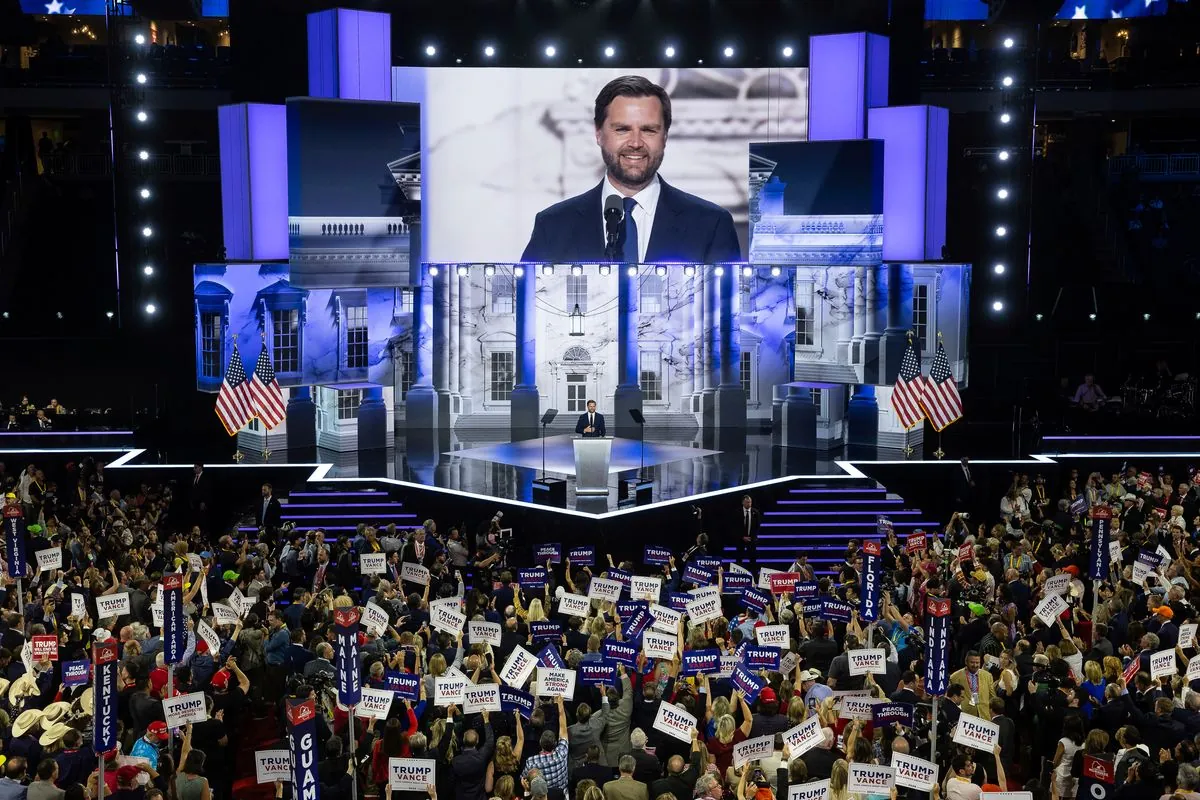Senator JD Vance of Ohio recently addressed a gathering of the Faith & Freedom Coalition in Georgia, an organization established by conservative activist Ralph Reed. The event highlighted the complex interplay between religion and politics in the United States.
Vance's speech centered on the role of faith in shaping public policy. He stated, "We don't want to force our faith on anybody," but rather seek to "recognize and to have motivate us the faith that is, I think, the source of all great truth in human history, and especially in this country." This sentiment reflects a broader trend among conservative Christians in American politics.
The senator's call for love and respect towards neighbors stands in stark contrast to his recent controversial comments about Haitian immigrants in Ohio. This inconsistency underscores the challenges faced by politicians attempting to balance religious values with partisan rhetoric.
Data from the Pew Research Center reveals the religious composition of the 2020 presidential election voters. Approximately one-third of Donald Trump's supporters were White evangelical Protestants, while a similar proportion of Joe Biden's voters were religiously unaffiliated. This demographic divide illustrates the ongoing influence of religious beliefs on political affiliations in the United States.
The article also touches on the concept of the "big sort," where Americans increasingly reside in areas aligned with their political views. This phenomenon has led to a rise in counties with lopsided margins in presidential contests, particularly favoring Republican candidates.
Recent analysis by Bloomberg indicates that new immigrants to the United States tend to settle in more populous, Biden-voting counties. This pattern aligns with historical trends of immigrants gravitating towards urban areas with established immigrant communities.
"We must love our neighbors, that we must treat other people as we hope to be treated, and that we must love our God and let Him motivate us in how we enact public policy, and how we live our faith and how we can govern our nation."
The inconsistency between Vance's call for neighborly love and his recent remarks about immigrants highlights the complex nature of contemporary American politics. As the country approaches the 2024 election, these tensions between religious values, partisan rhetoric, and policy positions are likely to remain at the forefront of political discourse.
